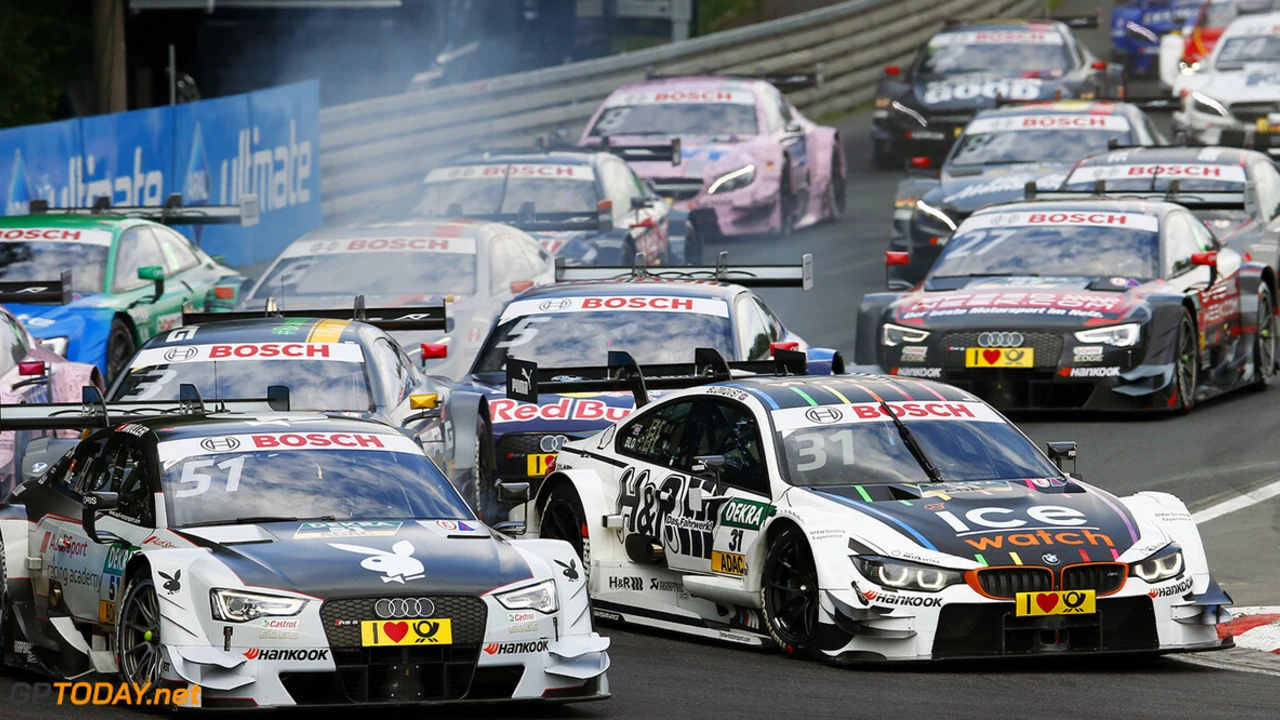Why BMW and Audi Aren’t Racing in Formula 1 Like Mercedes
Ever wonder why you see a silver Mercedes zooming around a Grand Prix circuit, but no BMW or Audi in sight? It’s a question a lot of fans ask, and the answer isn’t about missing the thrill of speed. It’s about where each brand puts its money, tech, and marketing muscle.
Mercedes’ Formula 1 Edge
Mercedes jumped into Formula 1 back in the early 2010s and quickly turned the sport into a showcase for its hybrid power‑train tech. Winning titles gave the brand a lot of bragging rights and a clear link to high‑performance engineering. The visibility on a global stage also boosted sales of its road cars because fans associate the Mercedes name with cutting‑edge performance.
Why BMW and Audi Stay Out
BMW and Audi have different playbooks. Both are pouring billions into electric‑vehicle (EV) platforms, autonomous driving research, and new battery tech. Splitting their budget to run an F1 team would dilute those efforts. The cost of an F1 operation runs into the hundreds of millions each year, and the return on investment is harder to justify when you’re trying to dominate the EV market.
Take BMW, for example. Their motorsport focus shifted to the i Series and the World Endurance Championship, where they can test hybrid systems in a setting that mirrors their road‑car ambitions. The brand sees more direct tech transfer from endurance racing to its production models than it would from a pure‑speed F1 program.
Audi follows a similar path. After pulling out of F1 in the 1990s, they built a strong reputation in the World Endurance Championship with the R18 and later the hyper‑fast R18 e‑tron quattro. Those projects let Audi showcase electric‑hybrid power in a race that aligns with their vision for future road cars. Plus, the Le Mans brand carries a lot of weight in Europe, where many of Audi’s customers live.
What would it take for either brand to step back into F1? They’d need a clear technology hook—like a new type of battery or a fully electric power unit—that ties directly to a consumer‑facing product. They’d also need to convince shareholders that the marketing splash outweighs the cost. Right now, the EV race on the road seems a bigger priority than the prestige race on the track.
So, while the German engineering pedigree is there, the strategic focus has moved. Mercedes keeps racing because it aligns with their hybrid roadmap and brand story. BMW and Audi are busy building the electric future, and for them, the best way to prove that tech works is on the road and in endurance events, not in an F1 garage.

Why hasn't BMW & Audi joined Mercedes in Formula 1 racing?
Aug 2, 2023, Posted by Maverick Leclair
Well, my friends, it's a curious case of the missing German marques in Formula 1, isn't it? You'd think BMW and Audi would be revving alongside Mercedes, but alas, they're not. It's not that they're afraid of a little rubber on the road! Instead, it boils down to priorities. You see, both BMW and Audi are focusing their efforts on technological advancements in other areas, such as electric and autonomous vehicles. They're playing the long game, while Mercedes are having a blast on the racetrack. Different strokes for different German automotive folks, I guess!
MORE